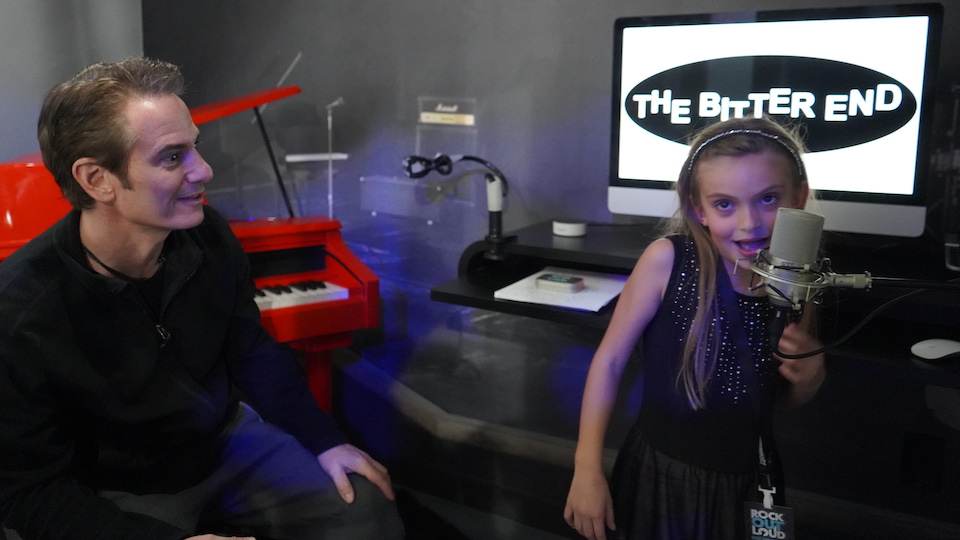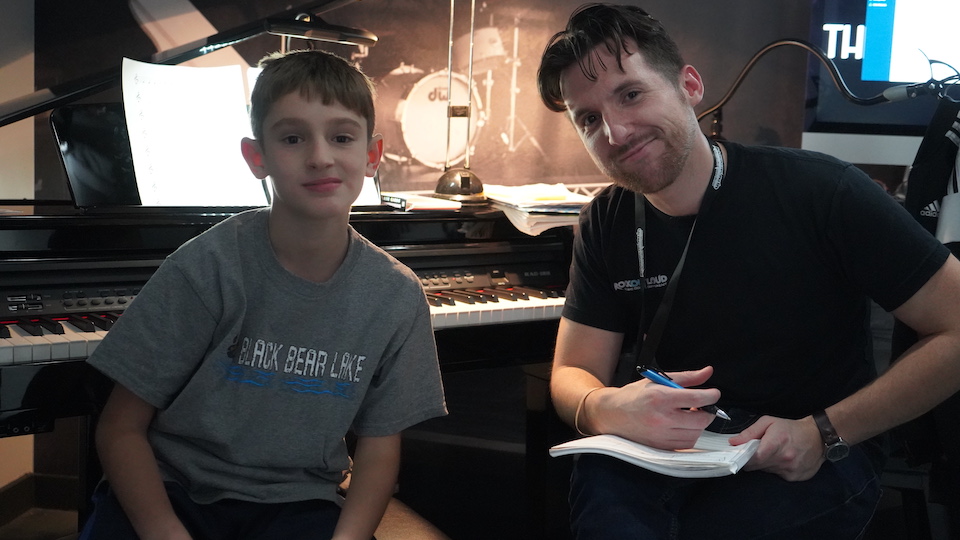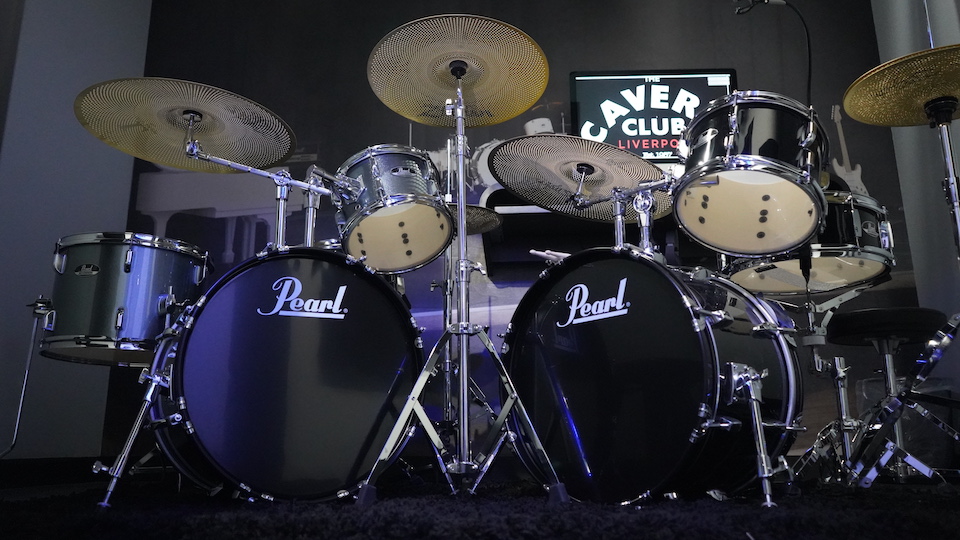Today we’ll discuss the subject of music lessons vs music lesson experience. If you want to become a great musician, well-conceived educational programs are a must. Even if you’re trying to become a musician on your own, you’ll still need good methods to be systematized. Good literature, instructional videos, and all other material are of course also welcome.
It’s the only effective way that you can do everything step by step and not miss out on anything important. You ultimately cover all the basics that you need as a beginner or an intermediate musician. Whether you’re playing drums, guitar, keyboards, or singing, there are always proper methods of achieving your goals.
Music Lessons vs Music Lesson Experience
Now, things most certainly get a lot easier with good old music lessons. Some prefer to be self-taught musicians, but you have higher chances of success if you get a good teacher. Of course, this argument is only valid if the tutor has a developed program. However, what many of the professors and schools might lack these days is the practical hands-on approach; and an up-to-date program. Too many times have we seen outdated approaches to technique and theory. Also, a complete disregard of modern technologies and trendy. All of this stuff commonly results in dissatisfied students who just abandon their instruments.
In this brief guide, we’ll try to tackle this issue by looking into two methods of learning. The first one is about “conventional” music lessons. Here, the teacher transfers the knowledge “letter by letter” from the books and other sources.
On the other side, we have a more modern approach where the professor and the student dynamic is completely different. The student gets the full lesson experience. You also get acquainted with practical methods, even things that can be applied in the music industry. We’ll be taking a closer look at these approaches and explaining the main differences.
Conventional music lessons

You all remember what your average day in a classroom looked like? You had the teacher explaining the topic through already pre-made lessons. They essentially tell the story, you tell the story back, get your grade, and move on. Of course, there are exceptions to these rules. Some teachers and professors use different testing methods and require you to think more about the topic.
This is what we consider as “conventional” or “traditional” ways of teaching in pretty much any field. So what does this mean for music, music education, and the results? Well, in most cases, you’ll need your own incentive to learn to think outside the box. You can also benefit from finding other resources on how to implement your knowledge.
Basically, what music teachers do in these cases is that they apply some of the decades-old methods and programs. Firstly, you’ll get to learn all the basic techniques and music theory principles. You’ll also check out some examples that you’ll get to use. But when you’re done with the program, what are you left with? Well, you’ll have enough knowledge to continue on your own and gather practical experience in any way that you can. To put it simply – teachers usually won’t care about how and where you apply what they taught you. And this goes both for individual and group lessons.
Music lesson experience

Then we have the music lesson experience where the whole method revolves around one idea; that you should prepare for performances and studio experiences first.
We could say that this interactive approach goes the opposite way from conventional methods. You start with some practical experiences, even perform in front of people. Then, learn songs that you like, and slowly get into the music theory, techniques, and different approaches behind them. Essentially, after the student gets the chance to learn the music that they’re interested in, they’re ready to move on to covering music theory through examples of what they were originally taught.
This goes for any instrument. For instance, in the music lesson experience method, you can play a full drum set when learning drums. In the old conventional approach, you’d first start with just the snare drum or even a boring practice pad. But in the “experience” approach, the student will learn a few tricks, play some simple beats, and get hooked forever.
In the music lesson experience, you can also record your progress using digital audio workstations. This is the same kind of software they use in professional studios. This way, you’re learning two things at the same time; how to play an instrument and how to record in an actual studio. What’s more, the lessons themselves are tailored according to your tastes.
Why ‘music lesson experience’ can work better

Before we go into explaining why we think one method is better than another, we need to clarify this. Certain musical styles, like classical or traditional jazz music, often go better with the conventional approach. Those who are striving to perform at Carnegie Hall one day should consider this kind of approach. After all, classical music is a direction of its own. It requires different methods if the student wants to fully master all the techniques and technically demanding pieces.
But if you’re into modern music, learning on actual instruments like full drum kits or electric guitars will be the initial motivator for further learning. In addition, the student also gets the chance to use studio settings and studio recording software. After all, if your child is enthusiastic about music, why bore them? This can spoil their desire with boring old methods that usually make them stop playing the instrument altogether? And that wraps it up – music lessons vs music lesson experience. We hope this post was useful to you, stay safe!